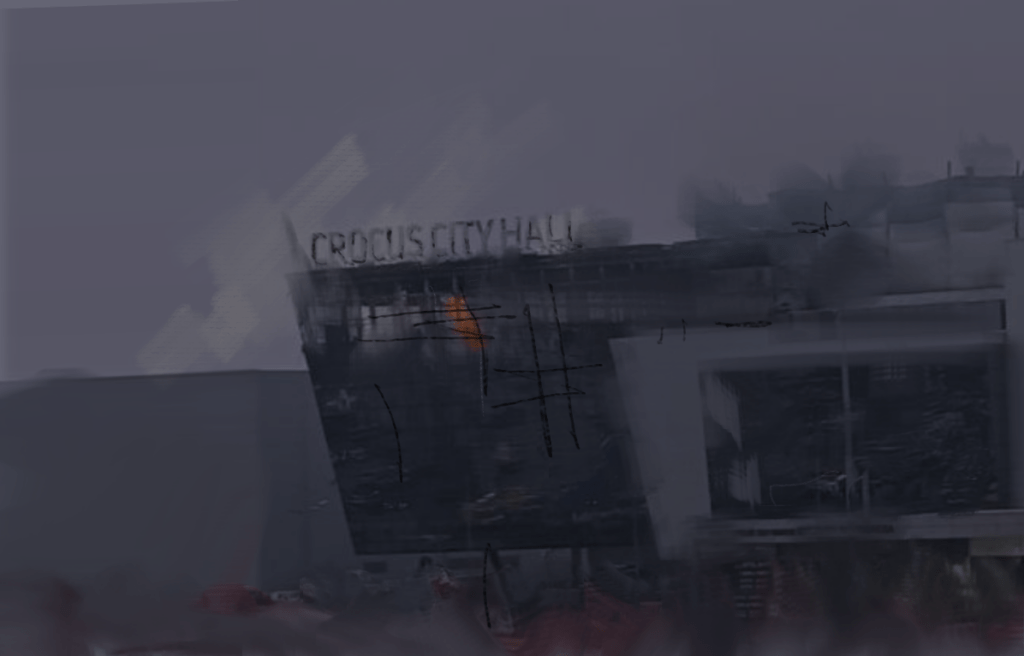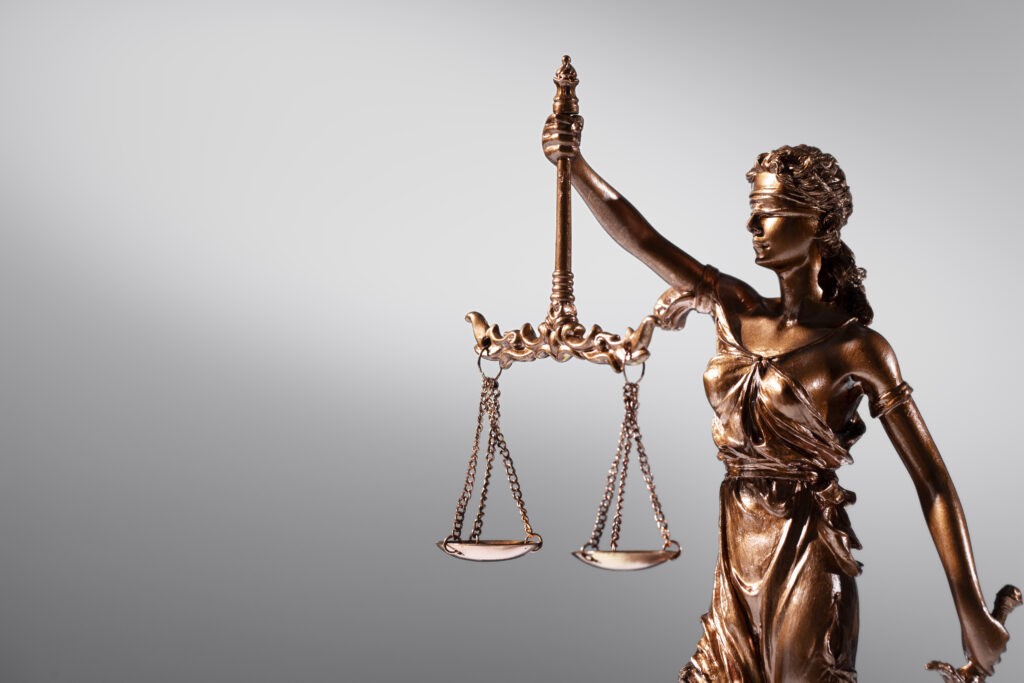Tajik National Arrested in U.S. for Supporting ISIS-K, Faces 45 Years in Prison
A Tajik national has been arrested in the United States on charges of supporting the terrorist group ISIS-Khorasan. According to the U.S. Department of Justice, 33-year-old Manuchehr Mansuri was detained in Brooklyn, New York, on suspicion of terrorist ties, illegal weapons possession, and immigration fraud. Investigation Findings Authorities discovered that Mansuri entered the U.S. in 2016 on a tourist visa but overstayed after it expired. To legalize his status, he allegedly entered into a sham marriage with a U.S. citizen. During his time in the U.S., he worked as a truck driver and traveled frequently across the country. Between December 2021 and April 2023, Mansuri transferred approximately $70,000 to individuals affiliated with ISIS-Khorasan in Turkey and Syria. Among the recipients was a Tajik national arrested in January 2024 by Turkish authorities for participating in an attack on a Catholic church in Istanbul. The terrorist group Wilayat Khorasan later claimed responsibility for the attack. Investigators also found extremist materials in Mansuri’s possession, including content praising convicted terrorist Sayfullo Saipov, who carried out the 2017 New York truck attack. He also had sermons by former ISIS leader Abu Bakr al-Baghdadi and material from Gulmurod Halimov, the former head of the Tajik OMON (Special Purpose Police Unit), who joined ISIS in 2015. Most of these materials were in Russian and Tajik. Authorities further determined that Mansuri trained with firearms, despite being legally barred from possessing them. He allegedly sent videos of his training to supporters, declaring his willingness to aid ISIS. Legal Proceedings and Potential Sentence If convicted, Mansuri faces up to 45 years in prison. A team of prosecutors from the Eastern District of New York, supported by counterterrorism experts, is handling the case. A judge will determine his sentence based on federal guidelines and other legal factors. Related Arrests of Tajik Nationals in U.S. Earlier, U.S. Immigration and Customs Enforcement (ICE) arrested eight Tajik nationals in New York, Philadelphia, and Los Angeles as part of an FBI counterterrorism investigation. The individuals were under surveillance due to suspected links to ISIS. According to sources, two of them crossed the U.S. southern border in 2023, with one using the CBP One mobile app to apply for asylum. While they have not been formally charged with terrorism, they were arrested for immigration violations and remain in ICE custody, awaiting possible deportation. The investigation into their potential ties to terrorist activity is ongoing, and additional charges may follow.




